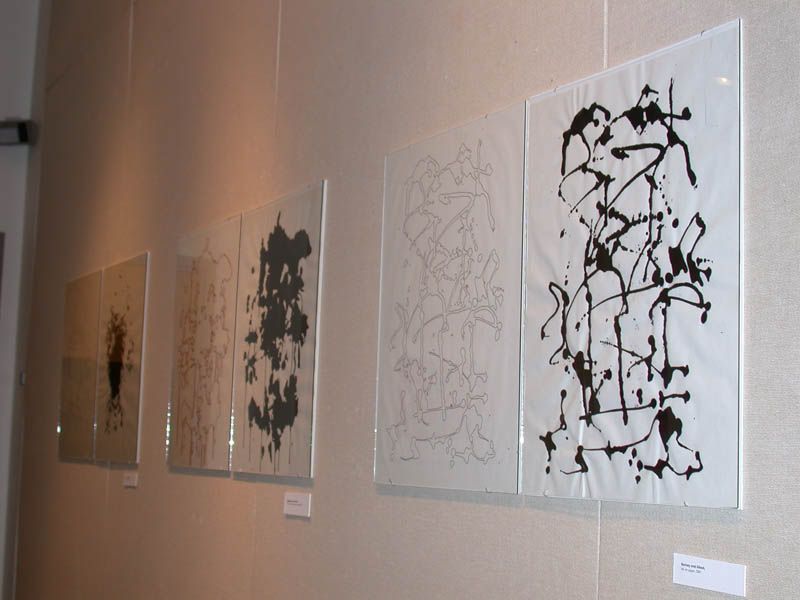Jundo's talk today reminded me of how important the idea of praxis is in life, Zen, and music. That lead me to return to a book I read a few years ago about music education. From David Elliott's Music Matters:
"In the old dualistic view, actions follow from verbal thoughts in a two-step sequence of think-act, think-act, ad infinitum. The first event is mental (speaking silently to oneself), and the second event is physical (bodily movement). The dualistic assumption is that thinking and knowing are always verbal and that bodily actions are nonverbal, dumb.
Most philosophers and cognitive scientists today deny the dualistic view. Actions do not proceed by (1) verbally theorizing to oneself and then (2) physically doing. If they did, says Ryle, then the first event (verbal thinking) would become an action that would itself require a preceding act of theorizing, thereby leading us to the absurdity (or infinite regress) that no one can act until he or she completes an infinite number of verbal thoughts. In the contemporary view, actions are nonverbal forms of thinking and knowing in and of themselves. Ryle puts it this way: Overt intelligent performances are not clues to the workings of minds; they are those workings."
This is why I am so drawn to jazz . . . I can witness musical thought occurring directly in front of me. A great player is not thinking about improvising then making sound, he/she is thinking BY making sound. Music is a nonverbal way of thinking. Huge evolution in the understanding of music, one that goes against the entrenched dualistic and academic ideas about music education. Musical thought is only manifested in musical action, indeed they cannot be separated.
Relevance?
I think you could replace the words "music" or "jazz" with "Zen" or "Life" and have an excellent definition of what I imagine our practice to be.
Life is praxial. Zen is praxial. Their meanings are only realized in the actual doing of them. One taste.
Gassho,
Bill
"In the old dualistic view, actions follow from verbal thoughts in a two-step sequence of think-act, think-act, ad infinitum. The first event is mental (speaking silently to oneself), and the second event is physical (bodily movement). The dualistic assumption is that thinking and knowing are always verbal and that bodily actions are nonverbal, dumb.
Most philosophers and cognitive scientists today deny the dualistic view. Actions do not proceed by (1) verbally theorizing to oneself and then (2) physically doing. If they did, says Ryle, then the first event (verbal thinking) would become an action that would itself require a preceding act of theorizing, thereby leading us to the absurdity (or infinite regress) that no one can act until he or she completes an infinite number of verbal thoughts. In the contemporary view, actions are nonverbal forms of thinking and knowing in and of themselves. Ryle puts it this way: Overt intelligent performances are not clues to the workings of minds; they are those workings."
This is why I am so drawn to jazz . . . I can witness musical thought occurring directly in front of me. A great player is not thinking about improvising then making sound, he/she is thinking BY making sound. Music is a nonverbal way of thinking. Huge evolution in the understanding of music, one that goes against the entrenched dualistic and academic ideas about music education. Musical thought is only manifested in musical action, indeed they cannot be separated.
Relevance?
I think you could replace the words "music" or "jazz" with "Zen" or "Life" and have an excellent definition of what I imagine our practice to be.
Life is praxial. Zen is praxial. Their meanings are only realized in the actual doing of them. One taste.
Gassho,
Bill
 It is both Jazz improv and the beginner's scales and everything in between.
It is both Jazz improv and the beginner's scales and everything in between.


Comment